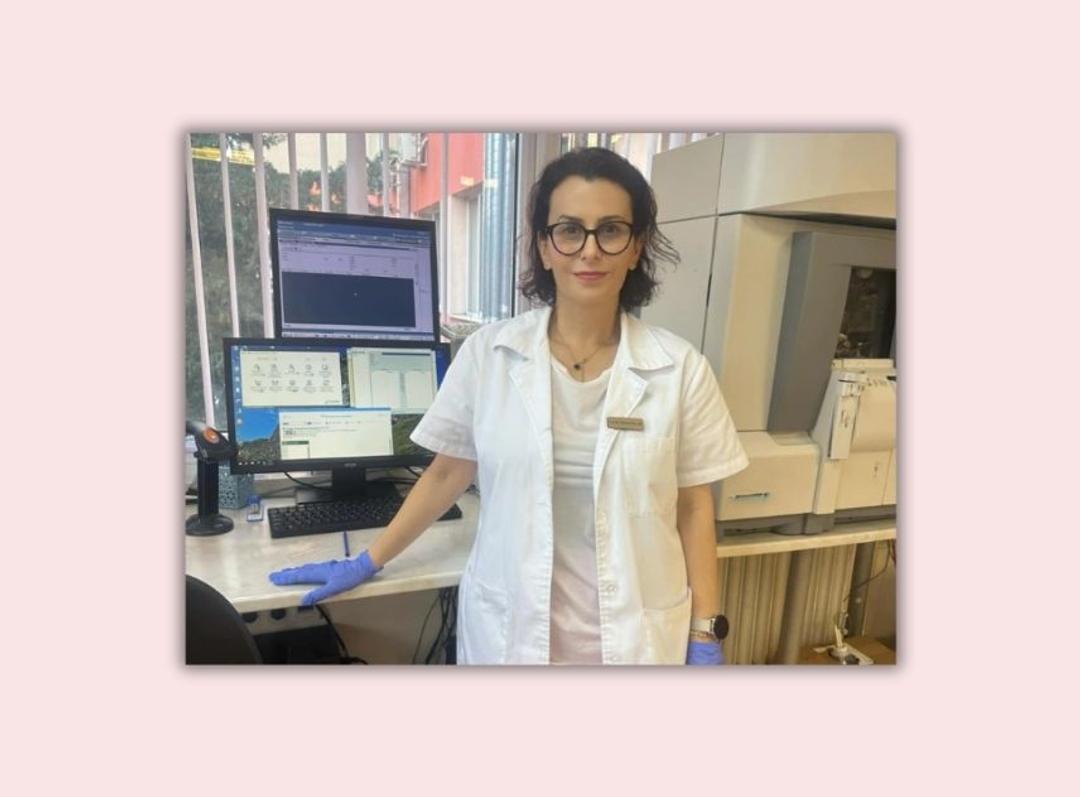
The role of AI and machine learning in the modern laboratory
CLINICAL24
Machine learning is becoming a cornerstone of the modern diagnostic laboratory by enabling faster, more accurate, and more scalable analysis of complex data. In pathology, machine learning models can detect subtle disease patterns in scans or slides that may be missed by the human eye. In molecular diagnostics, algorithms analyze genomic, proteomic and metabolomic datasets to identify disease biomarkers and predict treatment responses. Machine learning also streamlines laboratory workflows, integrates diverse data sources, supports personalized medicine approaches and much more. It is important for laboratory professionals to understand and remember that AI and machine learning used responsibly, should augment lab professionals rather than replace them, enhancing efficiency, reproducibility and the clinical impact of diagnostics.

In this interview, Dr. Vasiliki E. Kalodimou reflects on her lab’s progress over the past year, from high-parameter flow cytometry to stem cell-based regenerative applications, and highlights how artificial intelligence is transforming workflows and driving clinically actionable insights in both research and patient care.
Read interview
In this exclusive interview, Dr. Irena Ivanova discusses her clinical work and shares insights from AI training highlighting the integration and oversight of AI in healthcare. Learn how she envisions a future where robotics and AI streamline laboratory processes while maintaining the essential human element of empathy in patient care.
Read interview
Dr. Lauren Murphy, a postdoctoral researcher in Prof. Beth Psaila’s lab at Oxford’s Weatherall Institute of Molecular Medicine, talks to SelectScience about her work exploring how platelets can capture and preserve tumor-derived DNA, potentially extending the detection window and improving relapse monitoring.
Read interview
Sten Westgard, Westgard QC, explores the impact of staffing pressures and insufficient training on the stability of QC in clinical laboratories. Following a global survey, data has revealed that there is a concerning rise in repeated controls. While AI and automation offer a promising solution to improve QC workflows, expert oversight remains critical.
Watch video
Holly Ahern of ACES Diagnostics introduces a machine learning immunoassay for Lyme disease with over 95% early-stage accuracy. Designed for clinical labs, it surpasses traditional serology, enabling timely treatment and preventing chronic illness. Broad accessibility and insurance compatibility position this innovation to transform tick-borne disease diagnosis and management.
Wath video
Dr. Frank Peacock discusses the evolving role of blood biomarkers GFAP and UCH-L1 in ruling out the need for CT scans after head trauma, highlighting their limitations in trauma centers and potential in urgent care settings. He explores the regulatory challenges, the promise of point-of-care testing, and how AI and machine learning are helping predict outcomes like sepsis and long-term brain injury symptoms.
Watch video



